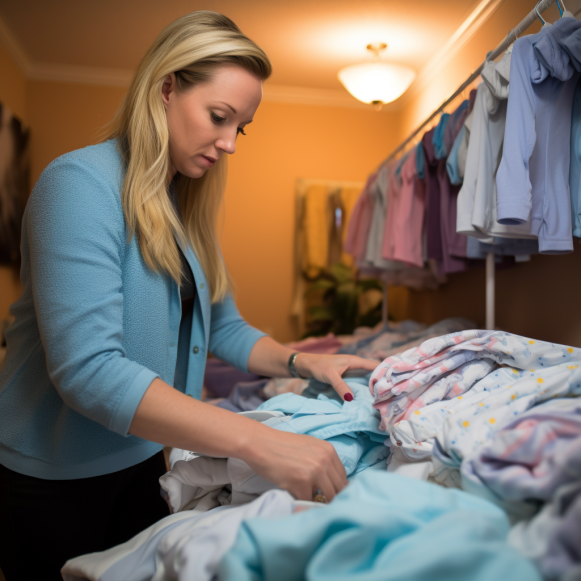How to buy your first rental property: 5 crucial things to look for and how to make sure it will cash flow, according to BiggerPockets’ CEO

- Scott Trench says he prefers to buy rental properties the traditional way: with a 25% down payment.
- The BiggerPockets CEO says he’s built up a portfolio of 13 units over 9 years doing this.
- In a recent webinar, Trench unpacked a list of things to consider when buying a property.
BiggerPockets CEO Scott Trench believes in slow, “boring” investing — using tried and true methods to build wealth over time.
In the stock market, this has simply meant putting money into index funds that track the broader market every month.
In terms of real-estate investing, this has meant purchasing properties the traditional way: putting down a 25% down payment and gradually building equity in the property by renting it out over time. Trench claims to have amassed a portfolio of 13 units spread across five properties since purchasing his first property in 2014.
While everyone’s financial situation is unique, Trench recommends this approach for many first-time real-estate investors. During a November 9 webinar, he laid out a step-by-step plan of action for prospective investors to follow.
Buying your first property
Before thinking about purchasing property, he advised saving up for a down payment, ensuring your credit score is above 700, and having a plan for how long you intend to keep the property. He believes it is critical to be in a strong enough financial position to hold the property for the long term so that it can appreciate.
Once these items are in order, he advised creating a list of property criteria. His personal checklist consists of five items:
- The property has one to four units. This means the property will most likely be reasonably priced and not too difficult to manage.
- The property is in a good location. Trench refers to the property’s immediate surroundings in this context. According to Trench, asking yourself if you would live there is a good barometer for determining if a location is good.
- The property is easily improveable.Trench explained that this entails simple tasks such as painting or installing new flooring.
- The cash flow from the property is immediate.According to Trench, a property should not immediately become a financial liability because this defeats the purpose of investing in real estate: to improve your life.
- The property is likely to appreciate in value over time. This could indicate that the economic and population trends in the state or city where you want to invest are favorable. In one case, Trench avoided purchasing a property because it was adjacent to a “gentleman’s club,” which he believed would prevent the property from appreciating in value.
Making sure a deal cash flows
Trench advised creating a “buy box,” or a specific outline of the exact type of property you’re looking for, based on the above criteria. The “buy box” should include specific neighborhoods and price ranges that you are interested in purchasing in. He advised looking at recently sold houses in your defined area to come up with a reasonable price estimate.
To ensure that a deal will cash flow, he listed a number of costs to consider in an analysis, including the cost of the mortgage payment (with interest), property taxes, insurance, repairs, and vacancy costs. Other costs that a property may incur include HOA fees, water bills, garbage collection fees, and other miscellaneous bills. Trench advised being conservative with each estimate in order to have a higher degree of certainty that a property will generate income every month.
These expenses should then be deducted from the monthly rent.
He claims that running this analysis on a recently sold property will give prospective investors an idea of what constitutes a good deal.Trench demonstrated in the video a duplex that recently sold for $160,000 in Troy, New York and rents for a total of $2,600 per month.
A 25% down payment for the property would be $40,000, plus $4,000 in closing costs, for a total of $44,000 in cash required up front.
Property taxes are $437 per month, and insurance is $81. He estimated that repairs and maintenance would cost 5% of the monthly rent. He also set aside 5% of his monthly income for future vacancies and another 5% for potential repair needs. He set aside 10% of the rent for management fees (if applicable), and $55 per month for the water bill. He also budgeted $125 per month for lawn care and snow removal.
Trench stated that even after all of these expenses, the landlord would still pocket $390 per month.
After completing this analysis, Trench advised broadcasting to real-estate agents and groups what type of deal you’re looking for and waiting for one to come on the market. He also advised contacting a lender to get pre-approved for a mortgage.





